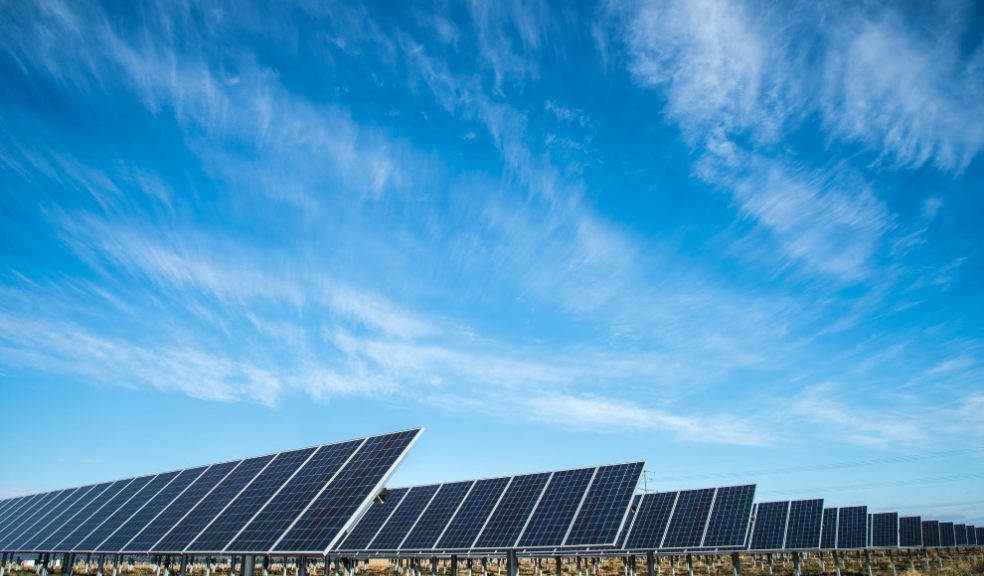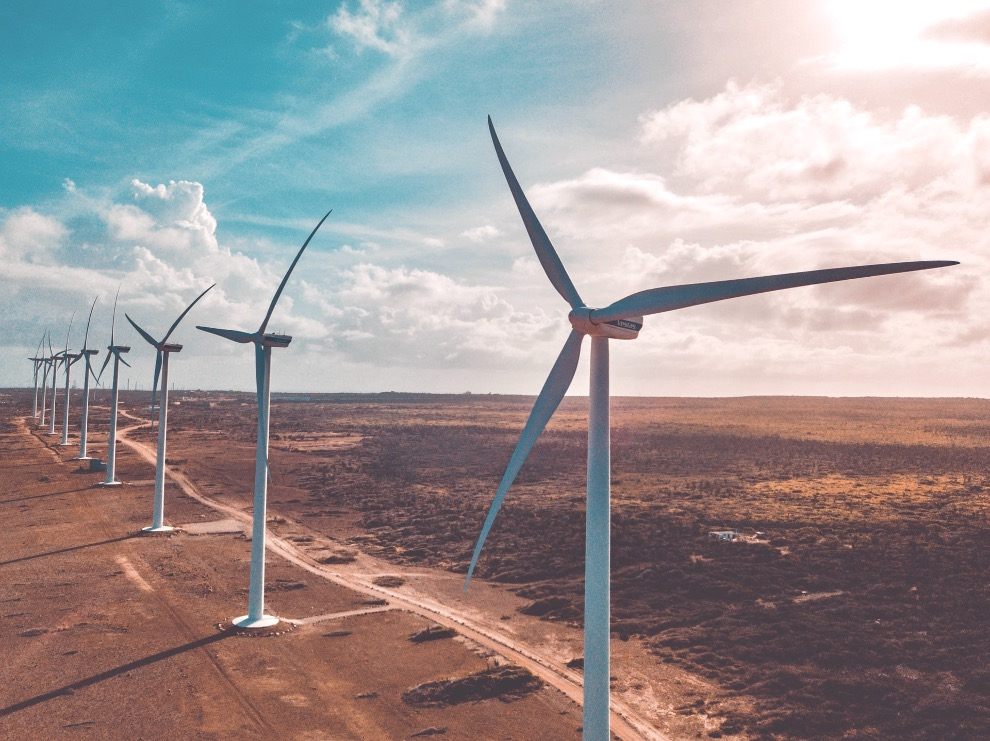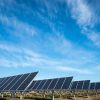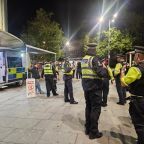
We Need to Change the Way We Think About Energy: Here's Why
We were never really taught about the world. Sure, you learn how things work on the surface, and you understand that some actions have reactions. When you open the tap, water will flow, and when you flip the switch, the lights come on. We understand this fundamentally, but once you ask someone how all of this actually happens, they probably won’t be able to explain. What even is energy? How do we have it? How does the power get to the wires and into devices all around us?
These are such fundamental questions that are crucial for our lives and are the very fabric of how we operate day-to-day, so it’s important we all understand this. Here’s where most of us are wrong.
Energy Isn’t Endless
We don’t think about “how much water is there” until there’s a shortage, and the water runs out. We don’t think about how much energy is required to run something until the power goes out. In the western world, it’s very easy to slip into thinking that energy is just endless and something that exists all around us, but we’re very, very wrong. Let’s talk about the two main types of energy sources:
Nonrenewable Energy
Let’s first talk about nonrenewable energy. It’s what most of the world runs on and what is at the root of so many problems we have today. To put it simply, if you take a piece of wood and burn it, you will generate heat and energy, but you’ll only have ash when it’s done. Sure the branch you cut might regrow, but most of the time, a tree is just cut down completely and incinerated, not to be reborn. The same can be applied to coal and oil, which are our main energy sources. All of these are in limited supply on earth and we’re doing so much damage digging deeper and deeper to find these resources that are getting harder to find. Not to mention that the way we use them - by burning them - creates toxic fumes that are contributing to the biggest ecological crisis we’ve ever seen.

Renewable Energy
Now let’s talk about the flipside - renewable energy. There are a few things that happen on this Earth without our guidance. The sun rises and sets, the rivers flow, and the wind blows. And those are exactly the things we can harvest the power of without using it up. No matter how much energy we “take” from the sun, it will still shine tomorrow.
So why isn’t the entire world running on these resources that are far better for the environment? As the folks at https://www.trvst.world/ explain, we’ve lost trust in the government to change things, and options like these are big investments that mostly fall on the people to do themselves. And very few can actually finance the infrastructure needed to collect energy from solar panels and wind turbines, so we provide environment-provided resources, mostly from nonrenewable sources.
Not All Energy Is Equal
When we think of energy, we think that it’s all just the same thing - it’s all just calories provided in one way or another. But in reality, energy is just not the same all throughout. During the day, at the peak of energy consumption, the energy that we spend is far pricier to produce. At these peak times, many power plants will turn on additional sources to produce energy and supply the demanded amount, which is an additional cost, while at night, when the only things running is a refrigerator and the odd TV, the demand for power is lower, and therefore costs less to supply. This is in many cases known as “cheap energy” because it will literally cost less, which is why many people choose to run their washing machines or other energy-intense tasks at night.
We’re in an energy crisis in the world. We are completely ruining ecosystems and social systems alike, trying to get the energy we need to power the lives we’ve created. Wars have literally been started over oil-rich lands, and with the constant rise in demand, it’s only bound to get worse. We all need to stay very aware of the situation we’re in and make sure that we’re doing all we can to help. To start, try controlling your own energy usage by turning off the switch when you don’t need to use the appliance, using public transport, and fuelless options when going out and about and educating the people around you on the importance of doing the same.




















